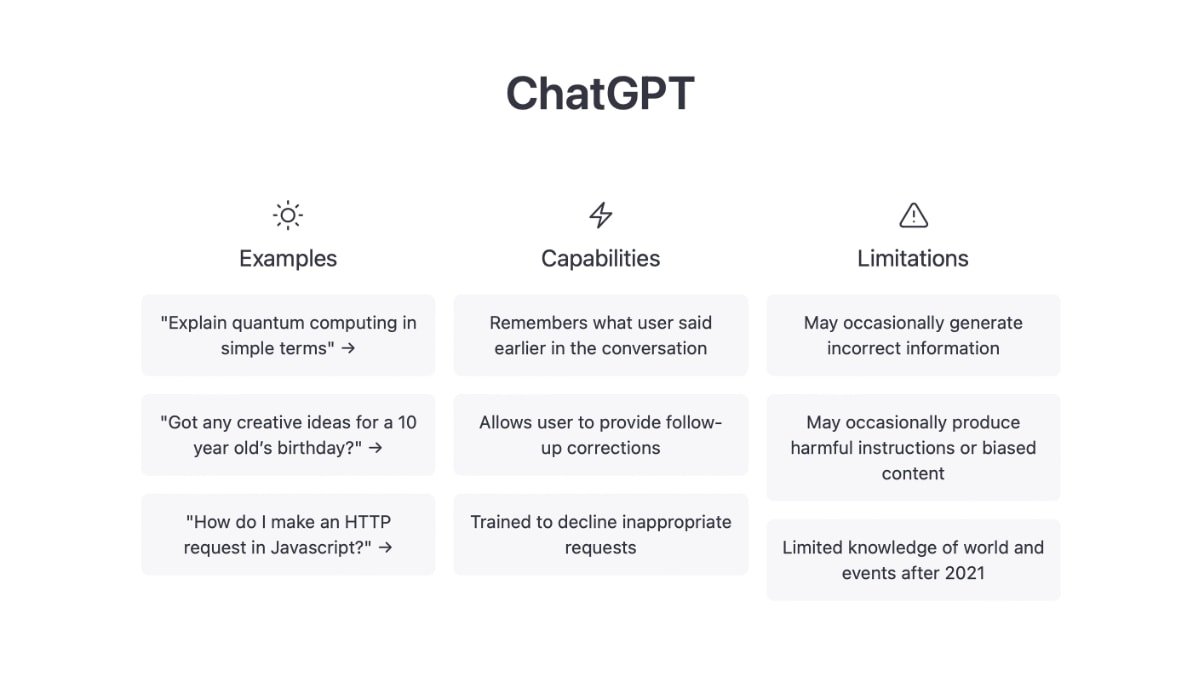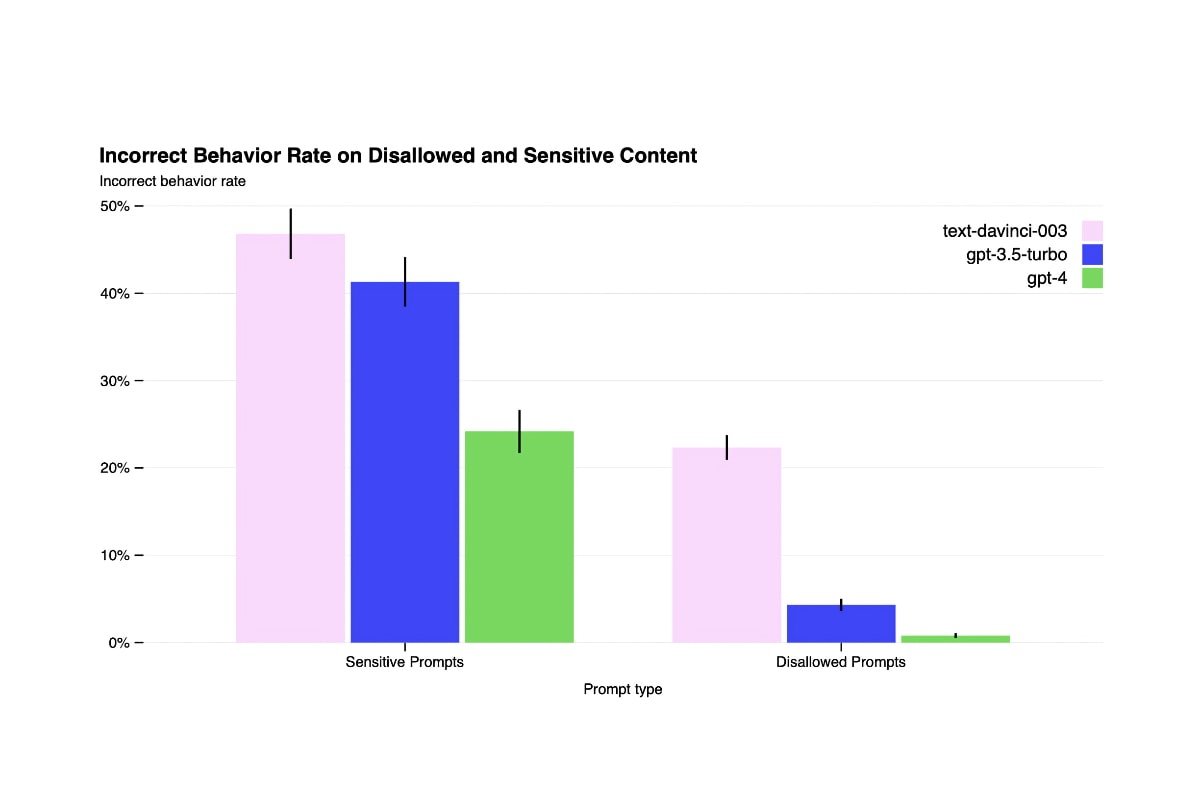GPT-4 is out

AppleInsider may earn an affiliate commission on purchases made through links on our site.
OpenAI has released GPT-4, an upgraded language model for ChatGPT that is more accurate — but still flawed.
ChatGPT is a chatbot that anyone can use to generate stories, articles, and other forms of text. The long-awaited GPT-4 update can accept images as inputs but still generates text for the output.
OpenAI calls it "the latest milestone in its effort in scaling up deep learning" in its Tuesday announcement and claims it has shown human-level performance on various professional and academic benchmarks. For example, it passed a simulated bar exam with a score around the top 10% of test takers.
The company has rebuilt its deep learning stack over the past two years and worked with Microsoft Azure to design a supercomputer for workloads. GPT-3.5 was the first test run of the new system.
While the new system is more accurate than its predecessor, it still makes factual errors. For example, in one of the examples that OpenAI provides it referred to Elvis Presley as the son of an actor.

GPT-4 also lacks knowledge of events after September 2021 and can't learn from its experiences. However, OpenAI has improved many of GPT-4's safety properties.
The company decreased the model's tendency to respond to requests for disallowed content by 82% compared to GPT-3.5. And it responds to sensitive requests such as medical advice and self-harm per the company's policies 29% more often.
"We look forward to GPT-4 becoming a valuable tool in improving people's lives by powering many applications," OpenAI wrote. "There's still a lot of work to do, and we look forward to improving this model through the collective efforts of the community building on top of, exploring, and contributing to the model."
OpenAI is releasing GPT-4's text input capability into ChatGPT and its API with a waitlist. However, it's immediately available today for paying users with the ChatGPT Plus $20 monthly subscription plan.
People can also experience ChatGPT and GPT-4 in Microsoft Bing and the Edge browser, which the company announced in February.